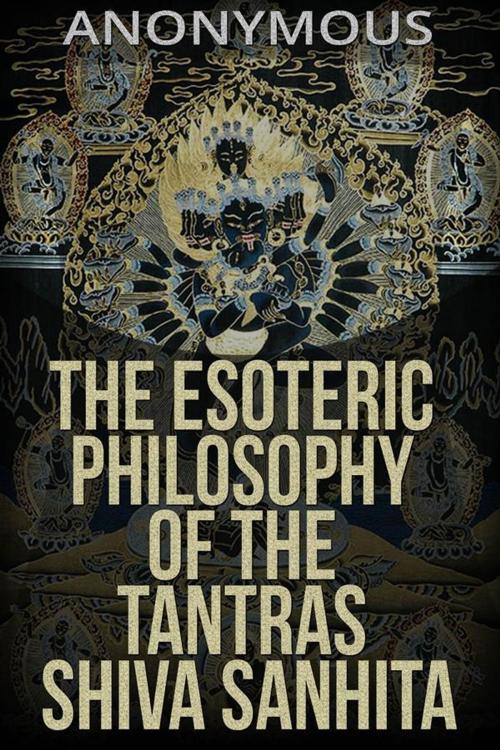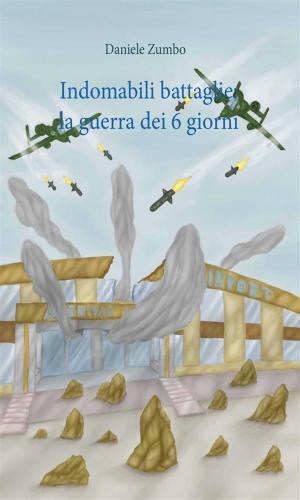The esoteric Philosophy of the Tantras Shiva Sanhita
Nonfiction, Health & Well Being, Fitness, Yoga, Health, Alternative & Holistic Health| Author: | Anonymous | ISBN: | 9788892638723 |
| Publisher: | Youcanprint | Publication: | November 28, 2016 |
| Imprint: | Language: | English |
| Author: | Anonymous |
| ISBN: | 9788892638723 |
| Publisher: | Youcanprint |
| Publication: | November 28, 2016 |
| Imprint: | |
| Language: | English |
YOGA has been defined by Patanjali as the suspension of all the functions (Vrittis) of the mind. Any discussion of this subject, therefore, necessarily branches itself into three parts, viz., (1) Mind, (2) its Vritttis, (3) and the mode of suspending them. No treatise of yoga, we think, can be complete, which does not enter into these questions.
The nature of mind is the first thing which aught to be explained. It would embrace an enquiry into all those hypotheses which philosophers have formed about this entity. Is it immaterial and self-existent, or is it material and perishing, subject to dissolution with the body? Is it the same as spirit or is it apart from it? Is it merely a dream, a shadow, a reflection of the Supreme; or is it a separate and entire entity by itself?
Such and many other questions of this nature must be answered before one has done away with the subject of Chitta (Mind). The second part consists of the enumeration, classification and definitions of the various faculties of the mind. This part is generally free from controversy, as the faculties are facts more widely known and comprehended.
YOGA has been defined by Patanjali as the suspension of all the functions (Vrittis) of the mind. Any discussion of this subject, therefore, necessarily branches itself into three parts, viz., (1) Mind, (2) its Vritttis, (3) and the mode of suspending them. No treatise of yoga, we think, can be complete, which does not enter into these questions.
The nature of mind is the first thing which aught to be explained. It would embrace an enquiry into all those hypotheses which philosophers have formed about this entity. Is it immaterial and self-existent, or is it material and perishing, subject to dissolution with the body? Is it the same as spirit or is it apart from it? Is it merely a dream, a shadow, a reflection of the Supreme; or is it a separate and entire entity by itself?
Such and many other questions of this nature must be answered before one has done away with the subject of Chitta (Mind). The second part consists of the enumeration, classification and definitions of the various faculties of the mind. This part is generally free from controversy, as the faculties are facts more widely known and comprehended.















